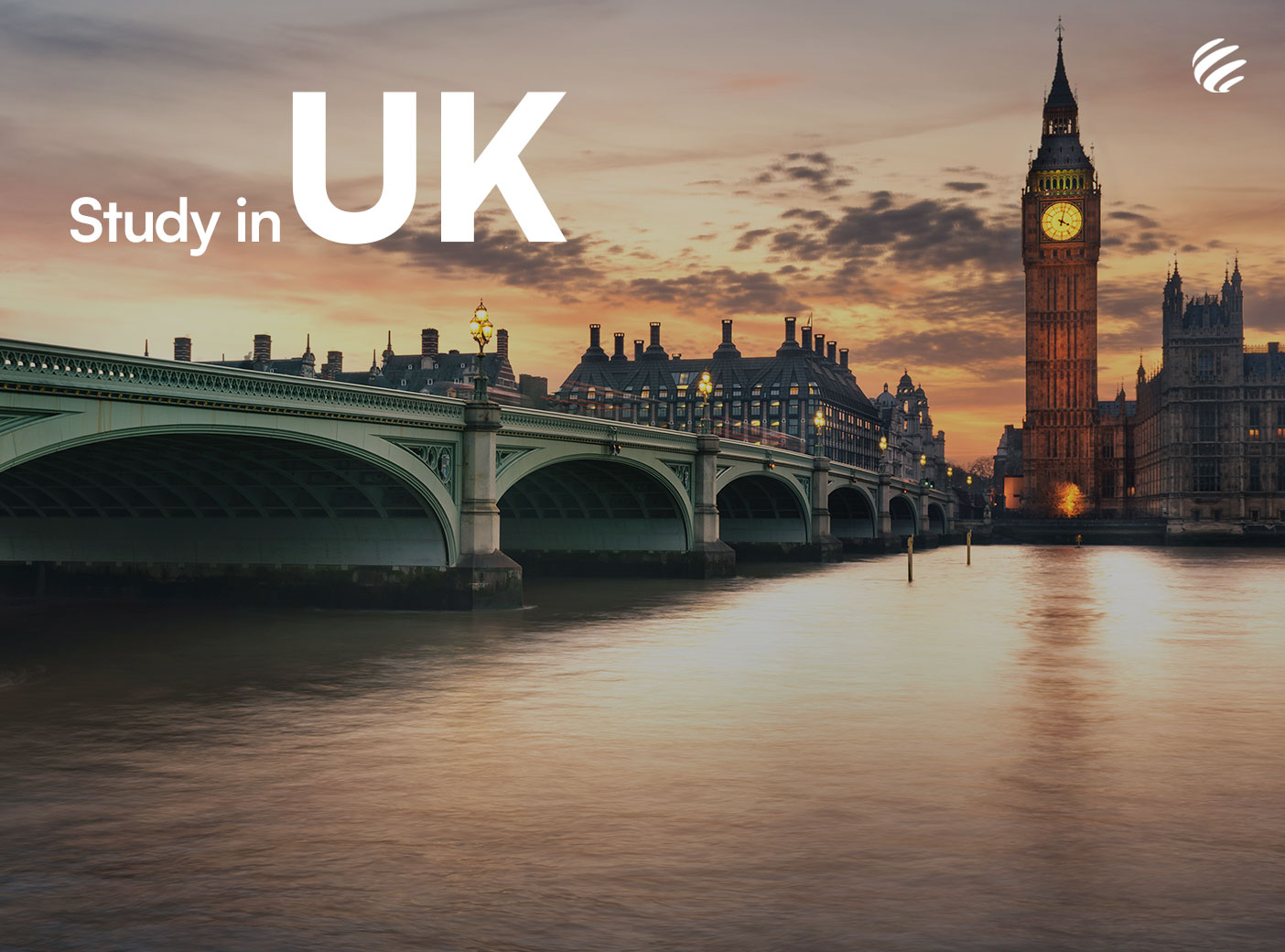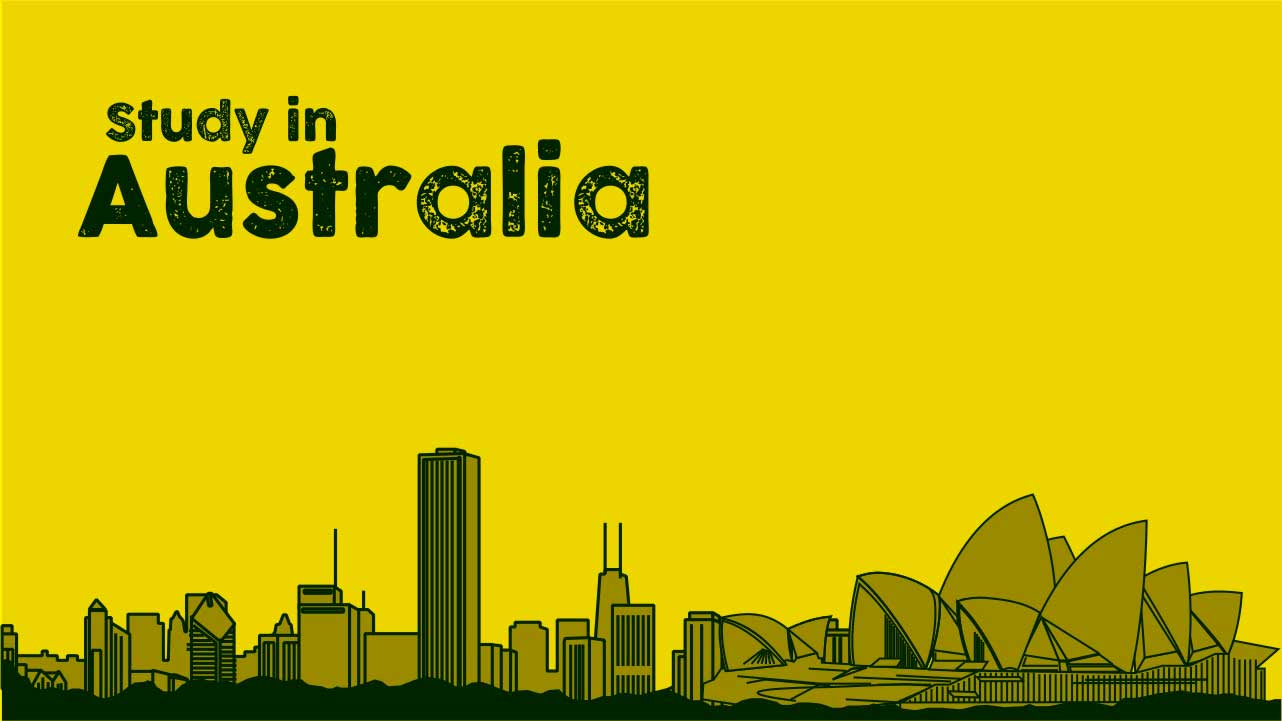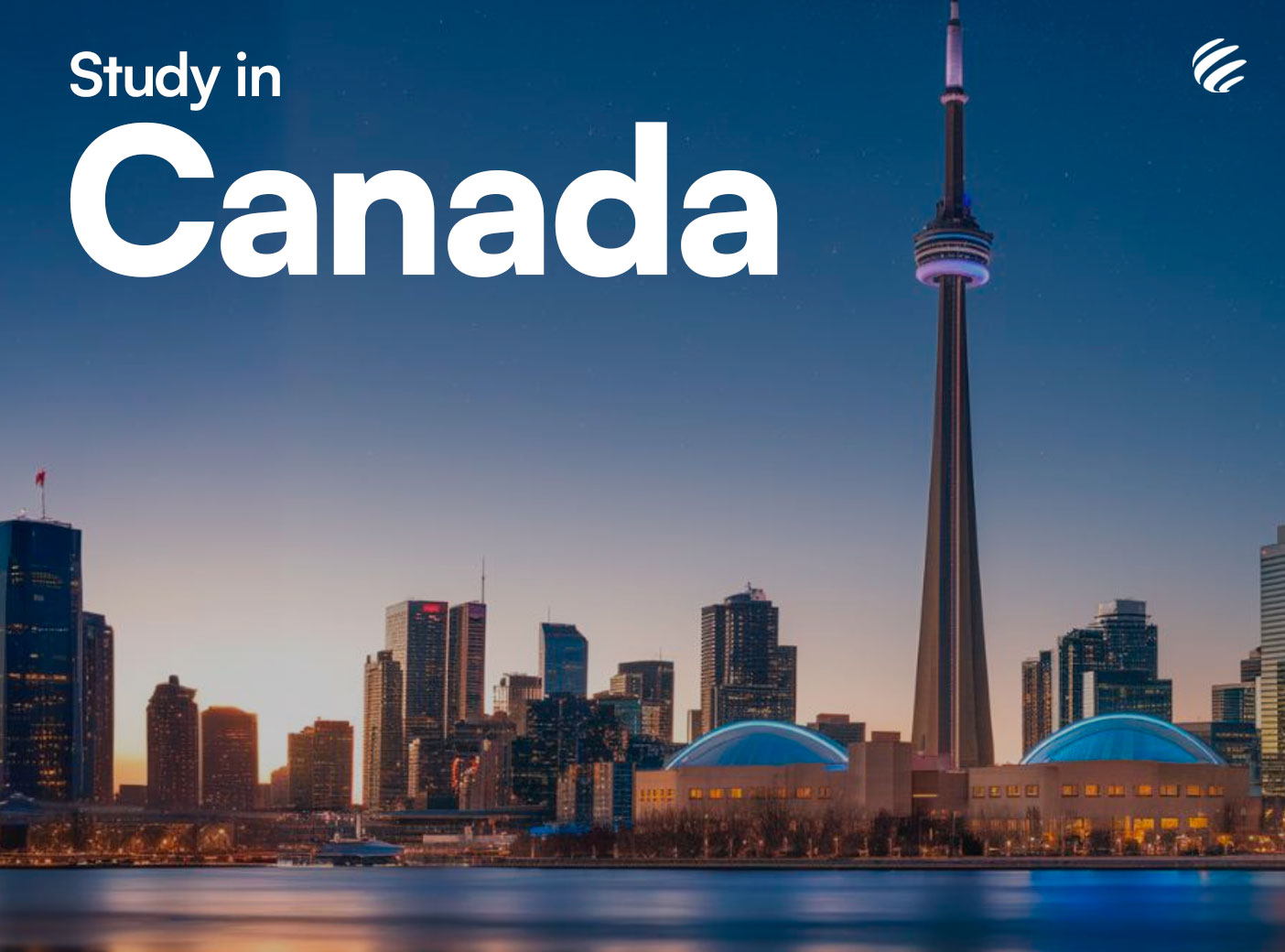IELTS score Requirement for Masters in Canada
The minimum IELTS score required for MS in Canada is an overall 6.5 with 6.0 in all bands but there are Universities that do not mention the sub-bands and they do accept an overall 6.0. But the most common IELTS score Requirement for Masters in Canada is 6.5 and above. The test pattern has a reading, writing, listening and speaking section which evaluates your overall language proficiency. Although you may be good with the language, you need to know the test pattern and so preparation is required to get the minimum IELTS score required for MS in Canada.
TOEFL score Requirement for Masters in Canada
Students looking to study in Canada opt for TOEFL rather than IELTS since that was the only acceptable score but now they are welcome to IELTS also. If you are comfortable with an American accent and the use of words, you can take up TOEFL instead of IELTS. The minimum TOEFL score required for MS in Canada is an overall 79 with 20 in all bands.
PTE score Requirement for Masters in Canada
The Pearson Test of English has now become another commonly accepted test that students can take up to prove English language proficiency. Best Universities for Masters in Canada have a minimum PTE score requirement for Masters in Canada as 63 and above. Compared to IELTS and TOEFL, PTE is considered to be easier in terms of question pattern, the use of words and so many students who have failed to secure the minimum English scores for MS in Canada, take up PTE.
Application Requirements for Masters in Canada
Applying for MS in Canada can be an easy task with our assistance. We at GoStudy will help you in preparing all the documents for MS in Canada application. The basic documents needed for application are the passport, transcripts from all institutions that you have passed out from and proof of English language scores. Documents that support application requirements for MS in Canada include the Letters of recommendation, Statement of Purpose which projects your abilities and intention to take up Masters in Canada. We pay close attention to the details that go into your application and in preparing all your supporting documents to make sure that your best is projected in these documents.
Below is the list of documents required for Masters in Canada
- Passport
- Resume
- Transcripts from all institutions that you have passed
- Letters of Recommendation (LORs)
- Statement of Purpose (SOP)
- IELTS/TOEFL/PTE Score Card
- Degree Certificate from all institutions that you have passed
Admission Process for MS in Canada
Once you finalize the Universities you want to apply for MS in Canada, it is ideal to know the admission process for Masters in Canada. There are 3 intakes in universities for Masters in Canada – Fall, Spring and Summer. An important factor to keep in mind is to look for the application deadlines for Masters in Canada. Usually, admissions begin one year ahead of the course start date so you need to get your scores and all your documents ready to apply for MS in Canada. In general, the admission process for MS in Canada starts off with selecting the University course, preparing documents for the application & applying to the selected Universities. Soon after you get an admit, we will initiate the visa application and you need to arrange sufficient funds to show for a Canada Study Visa.
Scholarships for Masters in Canada
Canada might be one of the most coveted but costly destinations for international students if not for the scholarships for Masters in Canada. Considering cutting down expenses, students look for a tuition fee waiver or the provision of a Co-Op program. Scholarships for Masters in Canada are offered by the Canadian government, individual Canadian universities, and other organizations. In order to be eligible for scholarships for MS in Canada, you must meet such requirements in order to receive a scholarship in Canada. Although the total eligibility for scholarships to study Masters in Canada may vary, Universities look into certain general criteria:
- Academic excellence: Students with an overall academic score of more than 75% in their core subjects are usually considered for merit-based scholarships in Canada
- Co-curricular interests: Universities will be interested to know if you have done certifications that support your course of interest
- Extracurricular Indulgence: Volunteer work and extracurricular activities have a special mention when it comes to scholarships for international students to study Masters in Canada. For stream-specific scholarships, such as those for social work and other related services, holding a relevant membership in associate bodies, job experience in the industry can become one of the most important qualifying requirements to be considered for scholarships for MS in Canada.
Below is the list of scholarships for Masters in Canada
- Canadian Government Scholarships
- IDRC Research Awards
- Vanier Canada Graduate Scholarships Program
- Non Governmental Scholarships
- Surf Shark Privacy and Security Scholarship worth CA$2,000 prize
- Trudeau Scholarships and Fellowships
- University-specific scholarships for MS in Data Analytics in Canada
- Carleton University Awards for International Students
- HEC Montréal Scholarships
- McGill University Scholarships and Student Aid
- UBC International Leader of Tomorrow Award
- UBC Graduate Scholarships
- University of Alberta International Scholarships
- University of Calgary International Scholarships
- University of Toronto Ontario Graduate Scholarship
- University of Waterloo InternationalFunding










































































































 Call now
Call now
 Request Callback
Request Callback Whatsapp
Whatsapp

